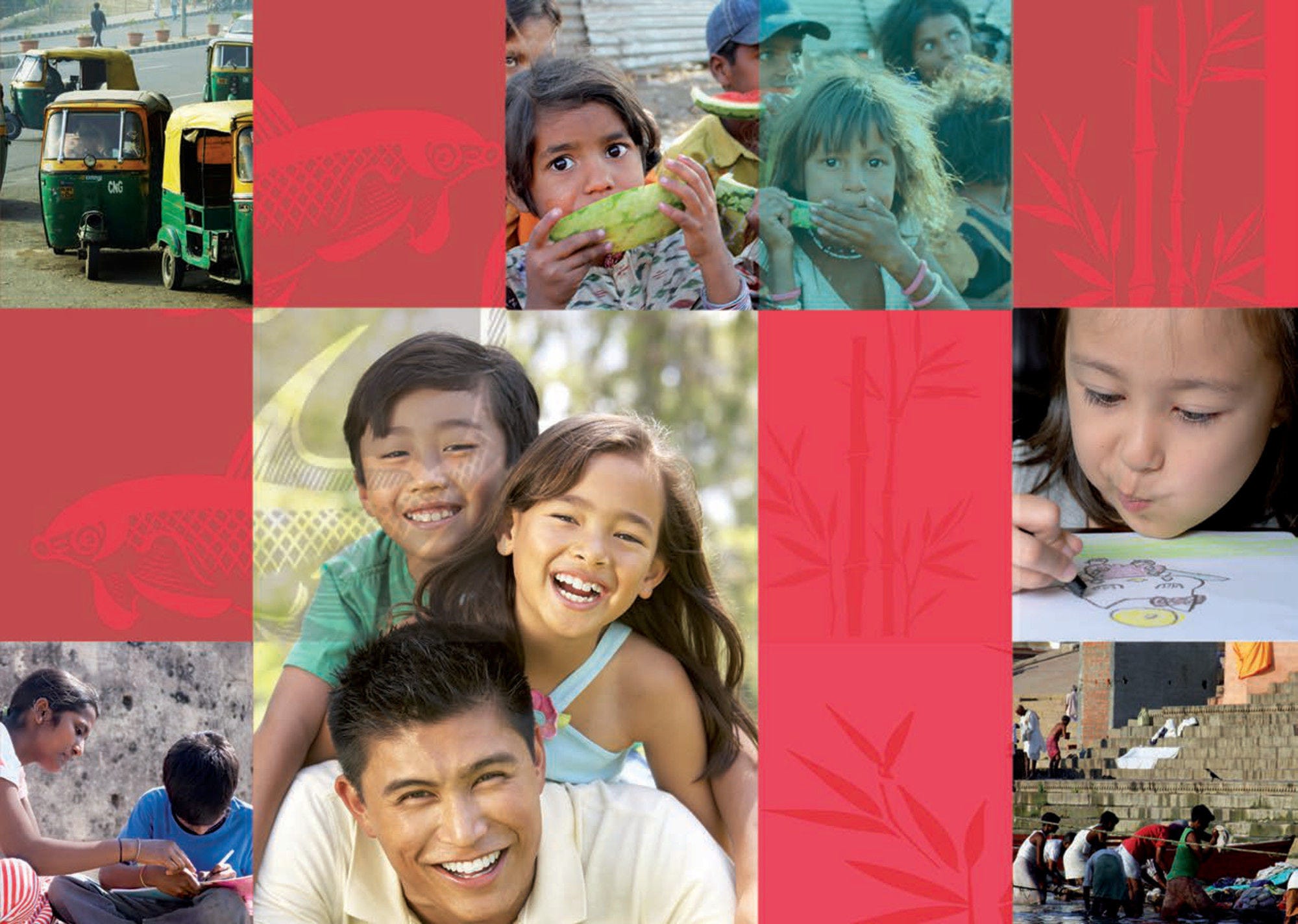Data on “solidarity” are drawn from the Gallup World Poll. The Gallup World Poll is conducted in more than 150 countries around the world based on a common questionnaire, translated into the predominant languages of each country. With few exceptions, all samples are probability based and nationally representative of the resident population aged 15 years and over in the entire country, including rural areas. While this ensures a high degree of comparability across countries, results may be affected by sampling and non-sampling error, and variation in response rates. Hence, results should be interpreted with care. These probability surveys are valid within a statistical margin of error, also called a 95% confidence interval. This means that if the survey is conducted 100 times using the exact same procedures, the margin of error would include the “true value” in 95 out of 100 surveys. Sample sizes vary across countries from 1 000 to 4 000, and as the surveys use a clustered sample design the margin of error varies by question. The margin of error declines with increasing sample size: with a sample size of 1 000, the margin of error at a 95% confidence interval is 0.98/ or 3%; with a sample size of 4 000, this is 1.5%. To minimise the effect of annual fluctuations in responses related to small sample sizes, results are averaged over a three-year period, or two-year period in case of missing data. If only one observation in a three-year period is available this finding is not reported.
or 3%; with a sample size of 4 000, this is 1.5%. To minimise the effect of annual fluctuations in responses related to small sample sizes, results are averaged over a three-year period, or two-year period in case of missing data. If only one observation in a three-year period is available this finding is not reported.
The data underlying the solidarity indicators are based on binary questions created by Gallup: “Have you done any of the following in the past month? How about donating money to a charity? How about helped a stranger or someone you didn’t know who needed help? How about volunteering your time to an organisation?” There are no questions about the amount of money donated of number of hours volunteered.

 or 3%; with a sample size of 4 000, this is 1.5%. To minimise the effect of annual fluctuations in responses related to small sample sizes, results are averaged over a three-year period, or two-year period in case of missing data. If only one observation in a three-year period is available this finding is not reported.
or 3%; with a sample size of 4 000, this is 1.5%. To minimise the effect of annual fluctuations in responses related to small sample sizes, results are averaged over a three-year period, or two-year period in case of missing data. If only one observation in a three-year period is available this finding is not reported.

